It’s fair to say that Philip Martin’s deep love for Mexico and its flavourful cuisine has infiltrated his life. His first stint in the food industry saw him open a restaurant in Dublin called Little Ass Burrito Bar. He had always dreamed of running a proper taqueria (a Mexican restaurant specialising in tacos); but because he could not find any corn tortillas, he settled for burritos (which use wheat tortillas).
However, the idea of owning a taqueria never left him. What do you do when you can’t find corn tortillas? Philip learned how to make them himself.
“I headed back to Mexico just to try and learn specifically how to make traditional corn tortillas and that was quite a meandering kind of journey of sorts,” he reminisces.
We’d need to find a facility, find a team and find customers.There are only so many tortillas I can eat
“Going from what they call the ‘milpas’, or corn farms, the whole way through to work on the ‘molinos’ – where they cook and grind the corn.
“When I came back I was like, ‘Alright, to make this actually happen or work, we need to set up a tortilla factory to make the corn tortillas for the taqueria.’”
He continues: “I realised to do that would probably require quite a few euro!
“We’d need to find a facility, find a team and find customers.There are only so many tortillas I can eat. We basically decided to launch a crowdfunding campaign, which was in 2014, and that’s what kind of kickstarted the company.
“We [then officially] launched in 2015.”
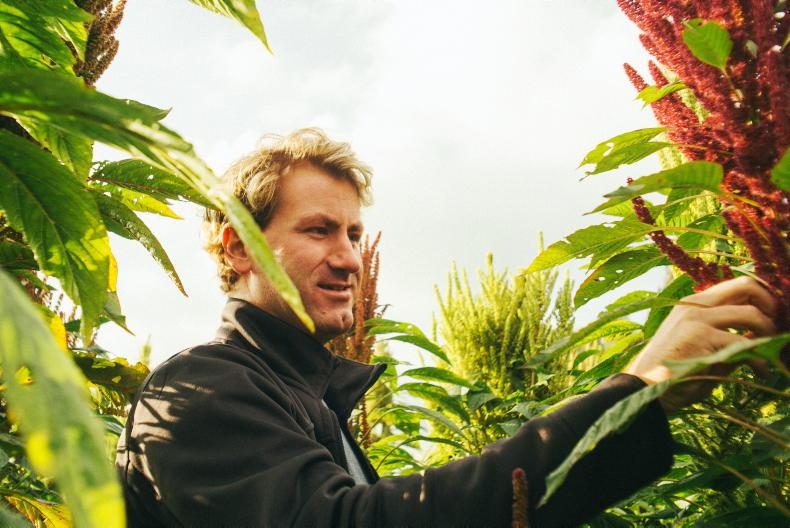
Philip's deep love of Mexican cuisine brought him to the country several times for research purposes.
The Blanco Nino factory is based in Clonmel, Co Tipperary.
Using the techniques and recipes he learned while spending time in Mexico (Philip continues to source his ingredients directly from Mexican heritage producers), Blanco Nino has become a chef favourite throughout Europe for their consistent supply and quality – two things on which the food service market depends.
“We’ve had a lot of Mexican people over to [visit] the factory,” Philip says.
“They think it’s hilarious that in the middle of the rolling hills of Tipperary, there’s corn being cooked and volcanic stone used to grind it.”
Entering the European market
Blanco Nino has come a long way since its initial launch. “Years went into the preparation,” Philip explains.
“A lot of work, consideration, planning and setting up the systems [goes into the business].”
New ventures
While they originally only sold corn tortillas to restaurants, in August 2020 they also added tortilla chips to their range.
“We’re now in 16 European markets with food service and three markets just for the tortilla chips.
“The opportunity and the potential for the tortilla chips is probably considerably bigger than the food service,” says Philip.
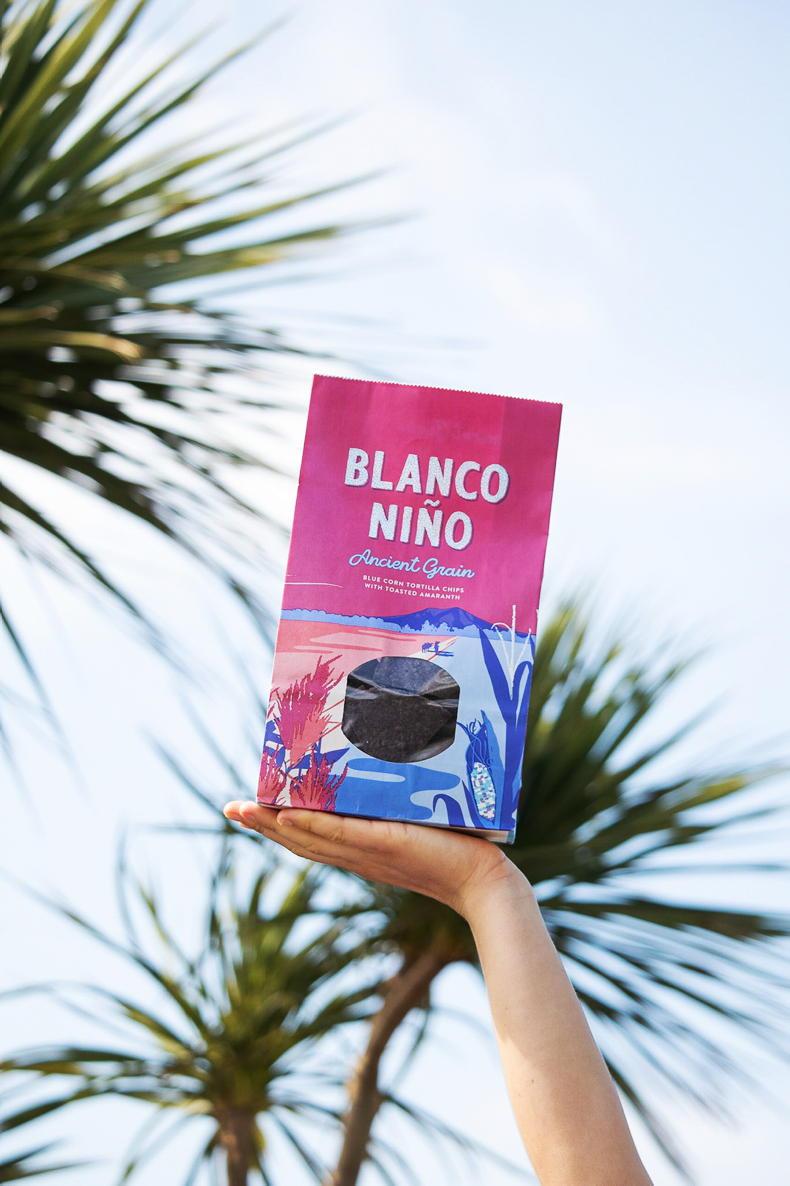
Blanco Nino recently launched their tortilla chip range for retail.
He continues, “It’s great to get to work with some of the best Mexican restaurants across Europe and the chefs, to visit these places and see what they’re doing. It kind of keeps us very close to what’s happening.”
However, Ireland and the UK are still by far the biggest markets for the Blanco Nino brand.
Relationships
Maintaining relationships with targeted food markets is an important component to Blanco Nino’s success.
“I spent a lot of time running around with a big bag of tortillas strapped to my head for the first few years,” Philip laughs. “Just setting up all the relationships with different distribution partners and so on, but then it just takes a very, very long time to get those relationships added in.”
A modern business model
Without any formal business studies in his past, Philip has learned to manage his business through his eager nature to learn and figure things out.
He says: “When it came to running the business, I just bought every book I could in terms of everything from management practice to sales, marketing and then even just down to like technical manuals on cooking corn.”
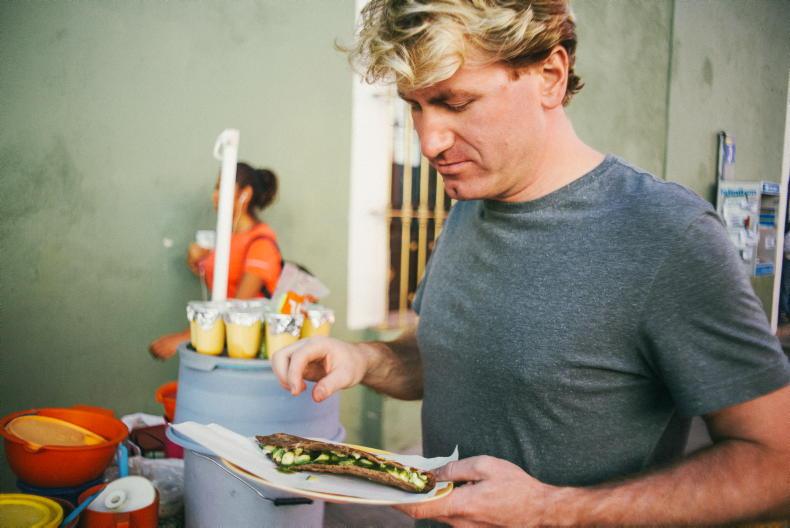
Philip manages a remote working team as well as those working in his Clonmel-based manufacturing space.
Philip runs his business in an unconventional way. Although the Blanco Nino factory is in Clonmel, he has no physical office space.
He says: “I realised during COVID, for myself in particular, that 99% of what I do is not ‘in-person’ stuff.”
Philip tries to be accommodating to his staff; enabling many of the office workers to contribute remotely. While he currently works from Portugal, he has other staff working from Germany, Spain and the UK.
“The unfortunate reality is that that’s not the case for someone who is cooking the corn in the morning in the factory,” he acknowledges. “You actually physically need to be there to do it. If you’re in sales or marketing, often times, that’s not that case.”
There are about 32 people who work in the Clonmel factory out of a total 42 staff members.
Philip also says that one thing missing from the work-from-home set up is the company culture. Although the team members regularly have contact through virtual meetings, he often misses the physical interaction to strategise and socialise with his team members. However, he is hopeful that, with the easing of restrictions, it will be possible for the Blanco Nino team to meet up regularly in the future.
Until then, their success is speaking loudly enough.
blanco-nino.com
Read more
Former Dairygold CEO appointed to board of Enterprise Ireland
Meet the Mayo woman aiming to be the first Irish person in space
It’s fair to say that Philip Martin’s deep love for Mexico and its flavourful cuisine has infiltrated his life. His first stint in the food industry saw him open a restaurant in Dublin called Little Ass Burrito Bar. He had always dreamed of running a proper taqueria (a Mexican restaurant specialising in tacos); but because he could not find any corn tortillas, he settled for burritos (which use wheat tortillas).
However, the idea of owning a taqueria never left him. What do you do when you can’t find corn tortillas? Philip learned how to make them himself.
“I headed back to Mexico just to try and learn specifically how to make traditional corn tortillas and that was quite a meandering kind of journey of sorts,” he reminisces.
We’d need to find a facility, find a team and find customers.There are only so many tortillas I can eat
“Going from what they call the ‘milpas’, or corn farms, the whole way through to work on the ‘molinos’ – where they cook and grind the corn.
“When I came back I was like, ‘Alright, to make this actually happen or work, we need to set up a tortilla factory to make the corn tortillas for the taqueria.’”
He continues: “I realised to do that would probably require quite a few euro!
“We’d need to find a facility, find a team and find customers.There are only so many tortillas I can eat. We basically decided to launch a crowdfunding campaign, which was in 2014, and that’s what kind of kickstarted the company.
“We [then officially] launched in 2015.”

Philip's deep love of Mexican cuisine brought him to the country several times for research purposes.
The Blanco Nino factory is based in Clonmel, Co Tipperary.
Using the techniques and recipes he learned while spending time in Mexico (Philip continues to source his ingredients directly from Mexican heritage producers), Blanco Nino has become a chef favourite throughout Europe for their consistent supply and quality – two things on which the food service market depends.
“We’ve had a lot of Mexican people over to [visit] the factory,” Philip says.
“They think it’s hilarious that in the middle of the rolling hills of Tipperary, there’s corn being cooked and volcanic stone used to grind it.”
Entering the European market
Blanco Nino has come a long way since its initial launch. “Years went into the preparation,” Philip explains.
“A lot of work, consideration, planning and setting up the systems [goes into the business].”
New ventures
While they originally only sold corn tortillas to restaurants, in August 2020 they also added tortilla chips to their range.
“We’re now in 16 European markets with food service and three markets just for the tortilla chips.
“The opportunity and the potential for the tortilla chips is probably considerably bigger than the food service,” says Philip.

Blanco Nino recently launched their tortilla chip range for retail.
He continues, “It’s great to get to work with some of the best Mexican restaurants across Europe and the chefs, to visit these places and see what they’re doing. It kind of keeps us very close to what’s happening.”
However, Ireland and the UK are still by far the biggest markets for the Blanco Nino brand.
Relationships
Maintaining relationships with targeted food markets is an important component to Blanco Nino’s success.
“I spent a lot of time running around with a big bag of tortillas strapped to my head for the first few years,” Philip laughs. “Just setting up all the relationships with different distribution partners and so on, but then it just takes a very, very long time to get those relationships added in.”
A modern business model
Without any formal business studies in his past, Philip has learned to manage his business through his eager nature to learn and figure things out.
He says: “When it came to running the business, I just bought every book I could in terms of everything from management practice to sales, marketing and then even just down to like technical manuals on cooking corn.”

Philip manages a remote working team as well as those working in his Clonmel-based manufacturing space.
Philip runs his business in an unconventional way. Although the Blanco Nino factory is in Clonmel, he has no physical office space.
He says: “I realised during COVID, for myself in particular, that 99% of what I do is not ‘in-person’ stuff.”
Philip tries to be accommodating to his staff; enabling many of the office workers to contribute remotely. While he currently works from Portugal, he has other staff working from Germany, Spain and the UK.
“The unfortunate reality is that that’s not the case for someone who is cooking the corn in the morning in the factory,” he acknowledges. “You actually physically need to be there to do it. If you’re in sales or marketing, often times, that’s not that case.”
There are about 32 people who work in the Clonmel factory out of a total 42 staff members.
Philip also says that one thing missing from the work-from-home set up is the company culture. Although the team members regularly have contact through virtual meetings, he often misses the physical interaction to strategise and socialise with his team members. However, he is hopeful that, with the easing of restrictions, it will be possible for the Blanco Nino team to meet up regularly in the future.
Until then, their success is speaking loudly enough.
blanco-nino.com
Read more
Former Dairygold CEO appointed to board of Enterprise Ireland
Meet the Mayo woman aiming to be the first Irish person in space







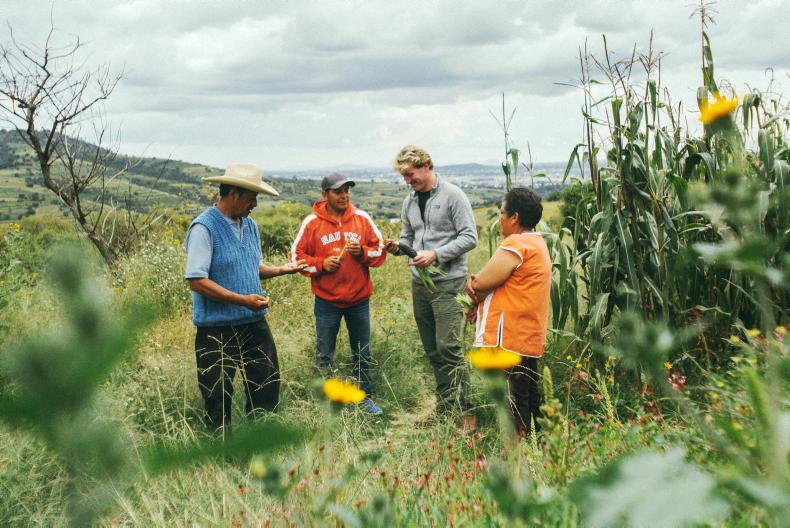
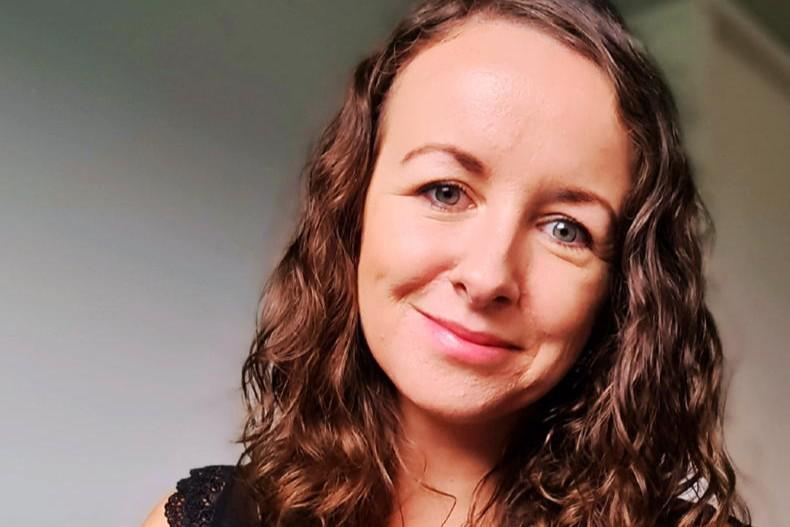

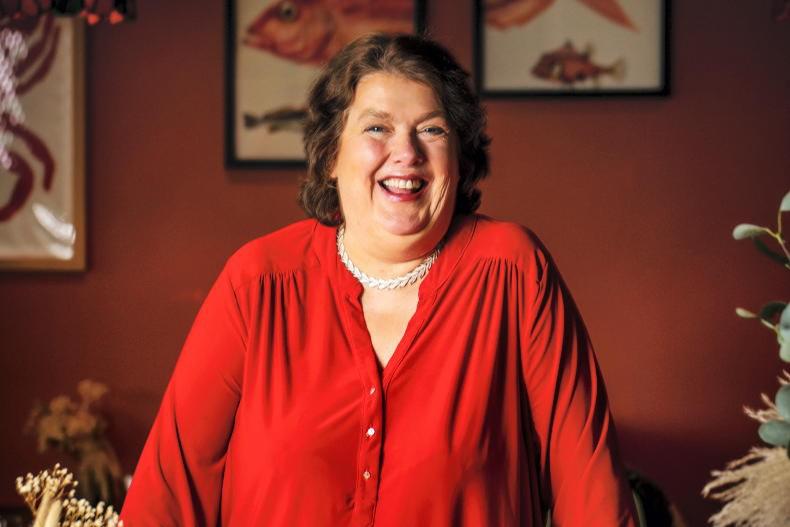

SHARING OPTIONS